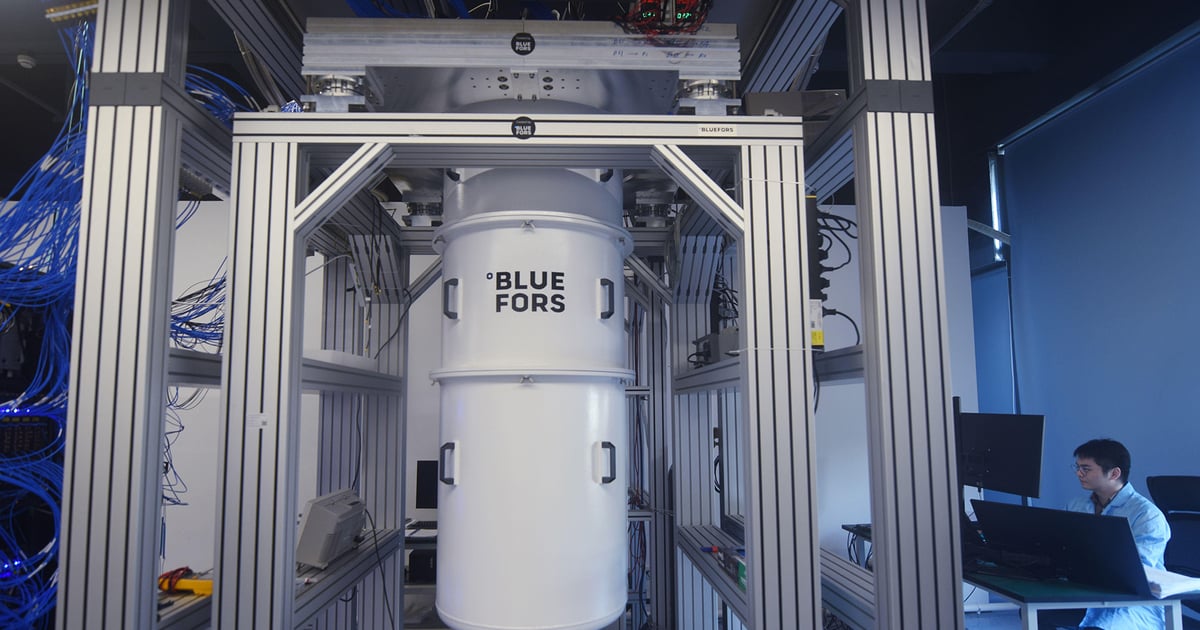
October 3, 2024 at 09:23AM
NIST has finalized the first three algorithms for post-quantum cryptography, providing crucial defense against potential quantum threats. Transitioning to a quantum-safe infrastructure presents challenges, requiring a combination of engineering efforts and proactive evaluation. The industry is gradually integrating post-quantum algorithms, preparing for the eventual shift to quantum-safe encryption methods. Various strategies, including hybrid approaches and interoperability, will be crucial for long-term security in the face of quantum computing threats.
Key takeaways from the meeting notes on the National Institute of Standards and Technology’s (NIST) finalization of the first three post-quantum cryptography (PQC) algorithms and the industry’s transition to quantum-safe infrastructure are as follows:
1. The NIST-approved PQC algorithms represent the first step in defending against potential threats of quantum computing, with the recognition that enterprising hackers may already be harvesting encrypted sensitive data.
2. Transitioning to a quantum-safe infrastructure poses challenges for the ICT industry and necessitates a combination of engineering efforts, proactive assessment, evaluation of available technologies, and careful product development.
3. Post-quantum transition involves the replacement of vulnerable asymmetric cryptographic algorithms by CRQC using Shor’s algorithm, while symmetric-key cryptographic algorithms remain relatively unaffected.
4. The migration to PQC involves a hybrid approach to security, as neither traditional nor post-quantum algorithms are fully trusted to protect data for required lifetimes, and both types will need to be used during the transition.
5. Defense and government institutions, as well as private companies like Apple and Amazon, have begun integrating PQC algorithms into security protocols, signaling the beginnings of large-scale proliferation of PQC.
6. Global standards bodies like 3GPP and IETF have started incorporating PQC into security protocols of future standards releases, which is considered crucial for industries such as telecommunications and internet services.
7. Over the next few years, more PQC-enhanced products will enter the market, initially employing hybrid approaches to security and eventually replacing classical asymmetric encryption methods as quantum-security technologies advance.
8. Attention to interoperability and crypto agility will be essential as quantum threats increase in sophistication, and companies will need to embrace crypto agility, rigorous testing, and a defense-in-depth strategy to ensure long-term security.
Overall, the meeting notes emphasize the critical need for the ICT industry to adopt hybrid solutions, embrace crypto agility and interoperability, and deploy a comprehensive defense-in-depth strategy to safeguard against potential disaster when facing quantum threats.